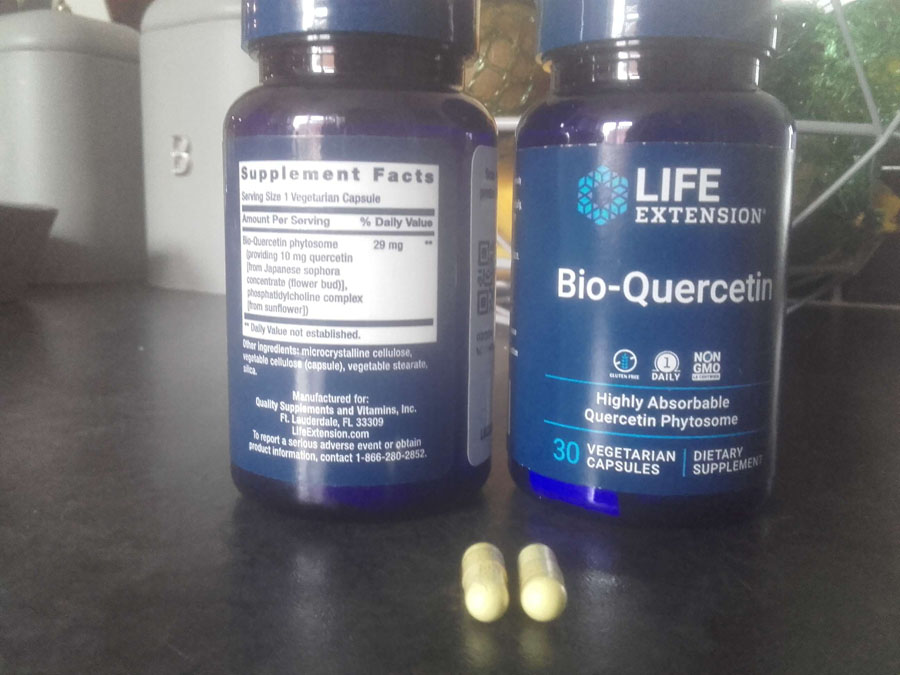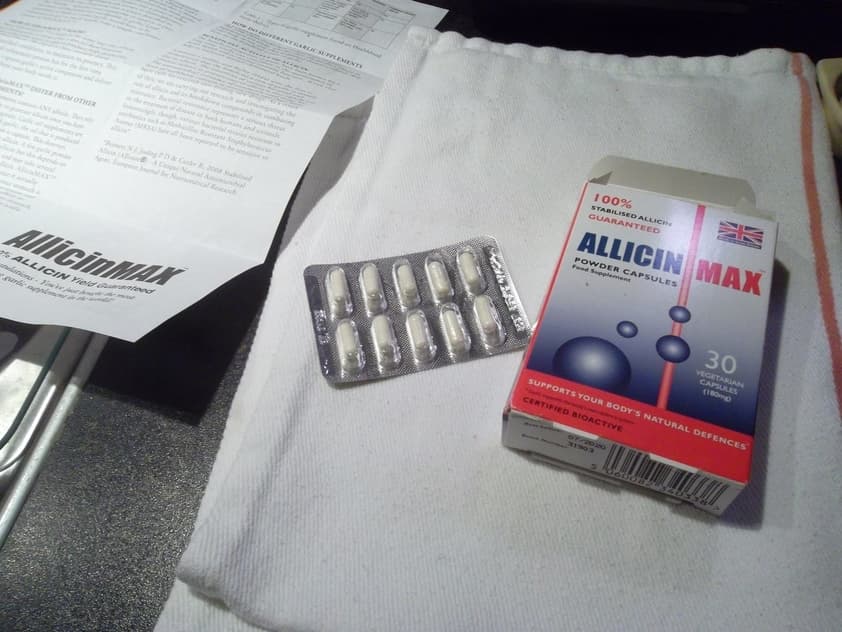Disclosure: This article may contain affiliate links. If you decide to make a purchase, I may make a small commission at no extra cost to you.
Zinc is an important trace mineral that we all need to remain healthy. One of the obvious signs of a deficiency is hair loss, but this is usually temporary and regrowth will occur once zinc levels are corrected through supplementation.
Most people in developed countries don’t have to worry about supplementing because they get enough through their diet. A deficiency is more likely to occur in developing countries.
However, if you’re currently eating a vegetarian or vegan diet, you could be at risk.
A healthy plant-based diet is usually low in zinc and high in copper. While a person eating an omnivore diet will get plenty of zinc and often be low in copper.
This means that if you have a low intake of zinc and a high intake of copper (or vice-versa), you can cause a secondary deficiency and exacerbate the problem because the two trace elements compete for absorption in the small intestine through the zinc transporter channel and the common divalent cationic transporter.
In this article, I will share the reasons and evidence for why you should choose zinc picolinate over other forms. If after you’ve read the article you want to give zinc a shot, both of the products below are great choices!
Buy Solgar – Zinc Picolinate (LifeExtension.com)
Buy Now Foods – Zinc Picolinate (Amazon)
Why is zinc important?
Zinc is the second most abundant trace element in the body next to iron.
While most people tend to think that zinc is tied mainly to immune function and protecting us from germs, it also has several other important roles [1]:
- Important for growth and development
- Regulates gene expression
- Assists in wound healing and skin health
- Regulates immune function balance
- Essential cofactor for many enzymes in the body
- Acts as an important antioxidant
- Important in DNA and Protein synthesis
- Helps digestion and aids in the breakdown of carbohydrates
This list isn’t comprehensive, but it probably gives you a greater sense of why zinc deficiency could be implicated in hair loss.
Zinc is an important cofactor of metalloenzyme and important for the normal metabolic functions and growth cycle of all cells in the body, including hair follicles.
It also plays an important role in reducing oxidative stress and inflammation, which are two factors involved in some types of hair loss.
Zinc deficiency symptoms
- Loss of appetite
- Poor immune system
- Hair loss
- Diarrhea
- Acne
- Blurry vision
- Delayed wound healing
- Taste impairment and loss of smell
Who is at risk of a deficiency
- Vegans and vegetarians
- People with digestive problems
- Pregnant and lactating women
- Alcoholics
For more information on zinc, you can check out the National Institutes of Health.
The connection between zinc deficiency and hair loss
Now let’s explore some of the available evidence behind zinc deficiency and hair loss.
In my research, I’ve identified several studies that appear to have mixed results on the effectiveness of zinc in combating hair loss and helping with regrowth.
In one case study that involved a 4-year-old girl who was suffering from diffuse hair loss with dryness and brittleness, researchers repeatedly measured levels of zinc and it was found to be below the normal reference range.
Upon supplementing zinc (50 mg daily) the girl’s hair loss stopped progressing within just three weeks. And within 4 months of diet modifications and zinc supplementation, her hair appeared normal.
Another study that analyzed serum zinc and copper concentration found that normal healthy controls with no hair loss had a high level of zinc compared to the subjects in the study with androgenetic alopecia, alopecia areata, and telogen effluvium.
In all of the hair loss patients, the mean serum zinc was 84.33±22.88, significantly lower than the control group (97.94±21.05 µg/dl) (p=0.002), whereas the serum copper was 96.44±22.62, which was not significantly different (p=0.975)
However, in contrast to that study, another paper was published in 2018 showing that zinc was not an important factor for primary chronic telogen effluvium.
This study gives us some more insight into the use of zinc for patients suffering from alopecia areata.
The researchers were able to determine that patients who responded positively to zinc supplementation also saw their serum zinc level rise the most.
It’s possible that the differences in diet and absorption rates may change how effective zinc is for hair loss.
And finally, one mechanism by which zinc could help people with androgenetic-related hair loss is from the inhibition of the 5-alpha-reductase enzyme that converts testosterone into DHT.
Which zinc supplement should you choose?
There have been many studies looking at absorption rates for different forms of zinc, so let’s have a quick look at the results.
In a study from 2014, researchers compared the absorption rate of zinc oxide, zinc citrate, and zinc gluconate.
The results are as follows:
- Zinc citrate – 61.3% (56.6 – 71.0)
- Zinc gluconate – 60.9% (50.6 – 71.7)
- Zinc oxide – 49.9% (40.9 – 57.7)
So according to this one study, using either zinc citrate or zinc gluconate would appear the best option for helping with hair loss from zinc deficiency.
But before you go running off to try one of these two, there is an old study from 1987 that compared zinc citrate, zinc gluconate, and zinc picolinate.
The participants were given the equivalent of 50 mg of elemental zinc per day or a placebo.
After four weeks, hair, urine, and red blood cell levels of zinc rose significantly in the zinc picolinate group but there was no change for zinc gluconate, zinc citrate, or placebo.
Conclusion
As mentioned earlier, zinc deficiency is a well-known cause of hair loss that can be reversed when corrected with zinc supplementation. However, it may take several months before you see results. If you want to give it a try, I recommend this zinc picolinate supplement.
There is also more evidence for the use of zinc supplementation for people suffering from telogen effluvium and alopecia areata than androgenetic-related hair loss, but some studies have shown positive results especially when combined with other treatments.
In my research, I found very few studies that compared all forms of zinc. However, it was clear that zinc oxide was the least effective.
One study showed that the absorption rates were highest for zinc citrate and zinc gluconate, another study found that it was only zinc picolinate that resulted in higher accumulation in red blood cells, hair, and urine within a short time period.
Therefore, zinc picolinate appears to be superior to other forms of zinc for hair loss.









